Addressing Charles Weisman’s What About the Seedline Doctrine? Part 23: Trees Good and Evil

Addressing Charles Weisman’s What About the Seedline Doctrine? Part 23: Trees Good and Evil
We had started to address the portion of this final chapter of Weisman’s book under the subtitle “Elements of the Seedline Doctrine”, where we had left off with a discussion of the explanation of the Parable of the Wheat and the Tares provided by Christ Himself in Matthew chapter 23, as Weisman had mentioned the tares without elaboration. Evidently, Weisman took for granted the acceptance of his notion that tares were only tares because they were followers of the devil – as he had argued in another context on page 30 of his book – rather than being tares because they actually had been planted by the devil. Yet it must be the case, that the actual origin of the tares is with the devil, because as the apostle explained, Christ had come to reveal things kept secret from the foundation of the world. So if these things were kept secret for that long, since that very time which the Genesis account describes, then that is when the events must have actually occurred. The planting of tares among the wheat must be speaking in reference to the events described in a parable in Genesis chapter 3, and the subsequent scattering throughout the Adamic world of the children of Cain, the Rephaim – who are Nephilim – and other groups which may be associated with the Tree of the Knowledge of Good and Evil.
Actually, it is a wonder to us that Weisman did not even mention the Parable of the Wheat and the Tares until this very point in his book, where he only made a passing reference to tares and said “The tares are apparently a satanic group of people.” But notice that he said group, and not race, however in that same paragraph Weisman had already spoken of “God’s people” and said that “Jesus spoke of ‘the tares’ or ‘children of the wicked,’ who were contrasted with the ‘good seed.’” So in that case Christ is telling us that their parents were wicked, and we see that He is speaking of a race of wicked people, not merely wicked individuals. In both cases in Matthew 13:38 the word for children is υἱός, which is a son, and the word for seed is σπέρμα, which is offspring. If the people of God are physical offspring of a particular individual, then the seed of the devil also must be physical offspring of a particular individual. Weisman could not offer an exegesis of the parable because doing so he would not have been able to conceal his blatant dishonesty.



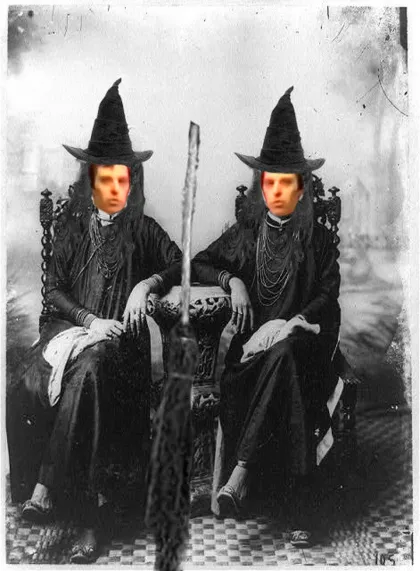

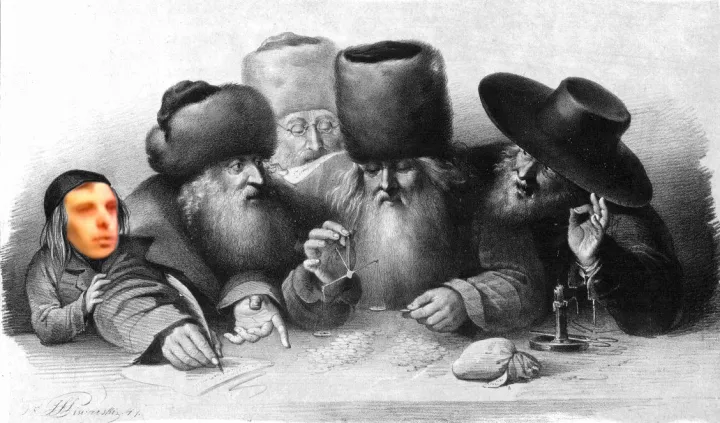



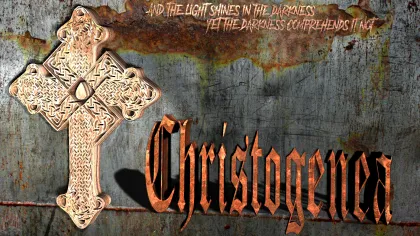




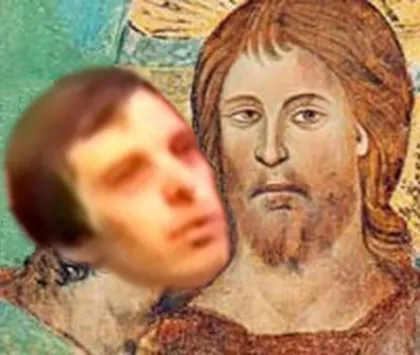
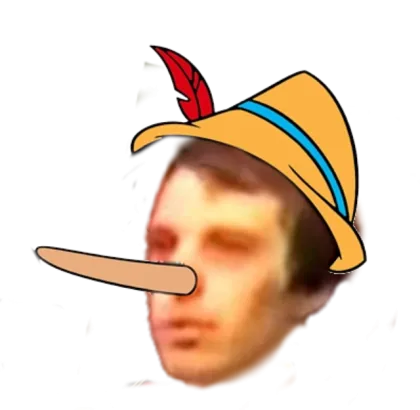


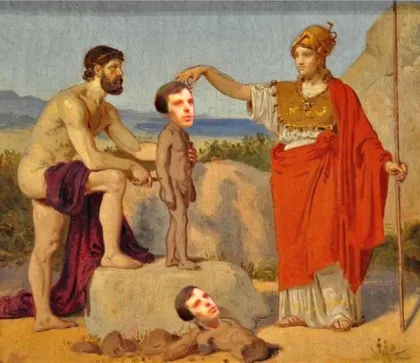
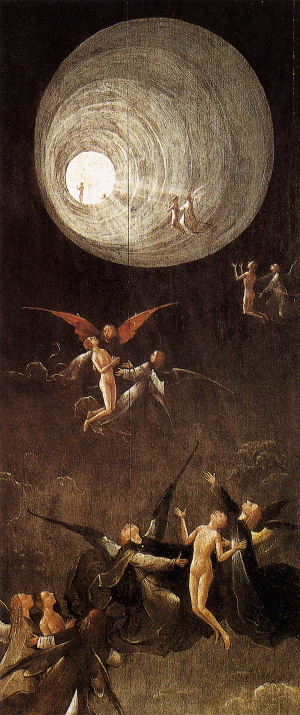




 Please click here for our mailing list sign-up page.
Please click here for our mailing list sign-up page.







